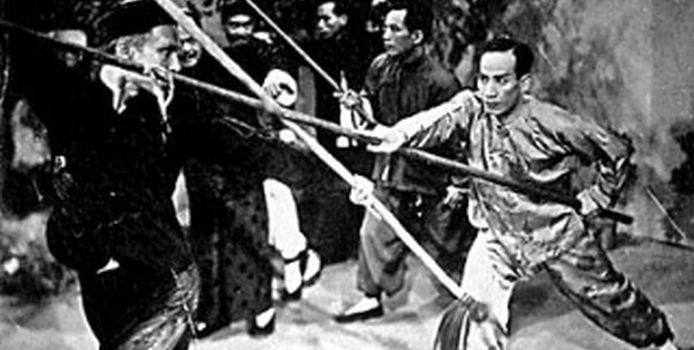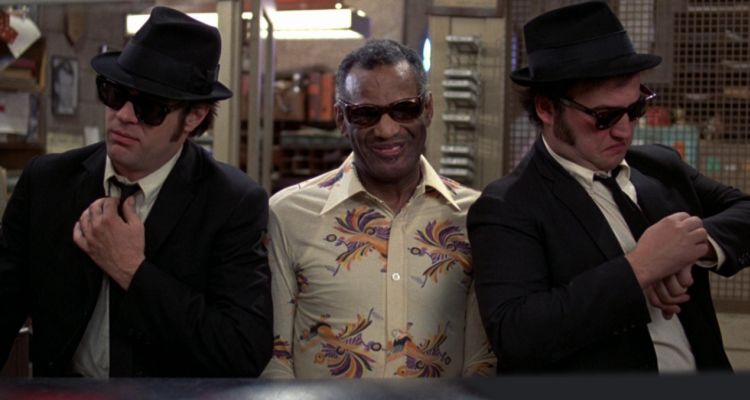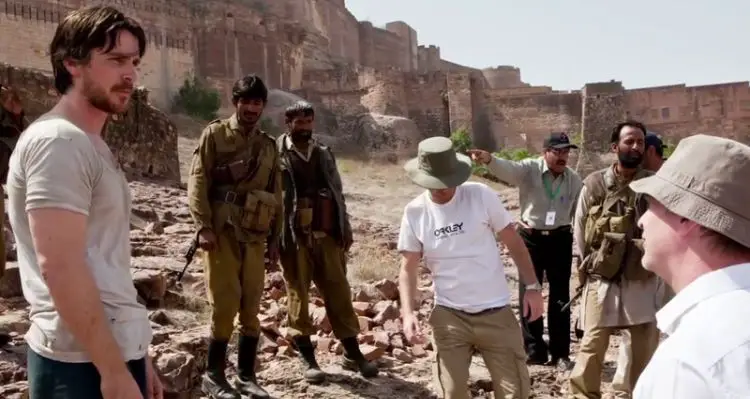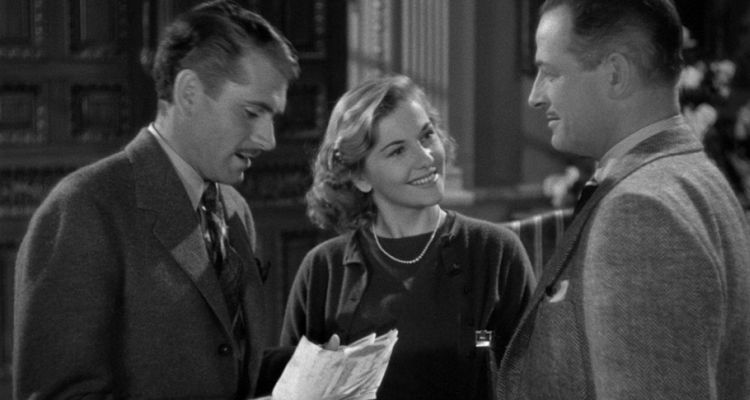history
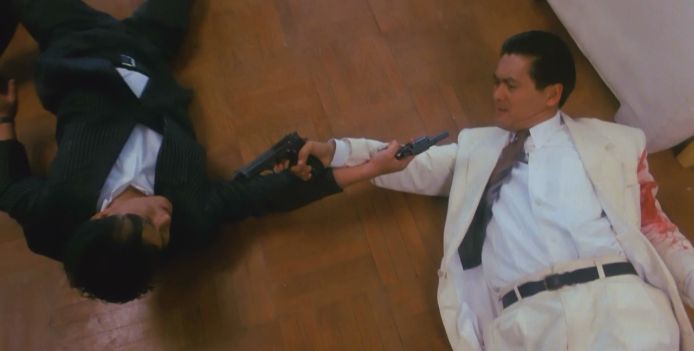
The Hong Kong New Wave of the late 1970’s had diverted, and the benefit of this diversion was the short-lived, but prolific Cinema City in 1980. Founded by comedians Alan Mak and Wong Jin, Cinema City would be the jumping point for some of Hong Kong’s most prestigious directors. John Woo, Ringo Lam, Tsui Hark, Eric Tsang, Ronny Yu, and Johnnie To found their way into the film business through Cinema City; these filmmakers would make some of the most innovative and energetic films ever.
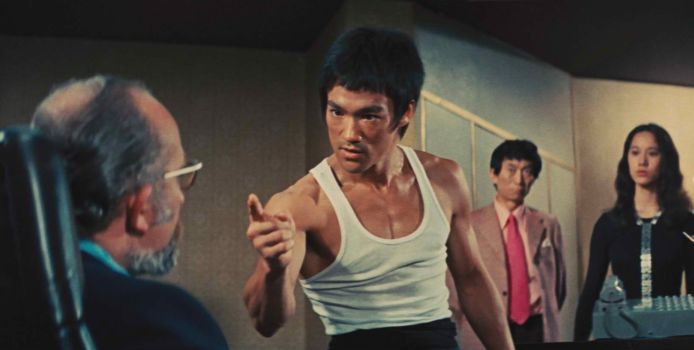
This article is part of a series on the history of Hong Kong action cinema – find the other parts here. The 1960’s and 70’s are probably the most pivotal time regarding the growth of Hong Kong action films. The Martial Arts craze would take shape as the Shaw Brothers become the foremost authority regarding the kung-fu craze that would follow in the wake of their massive quantity of quality movies.
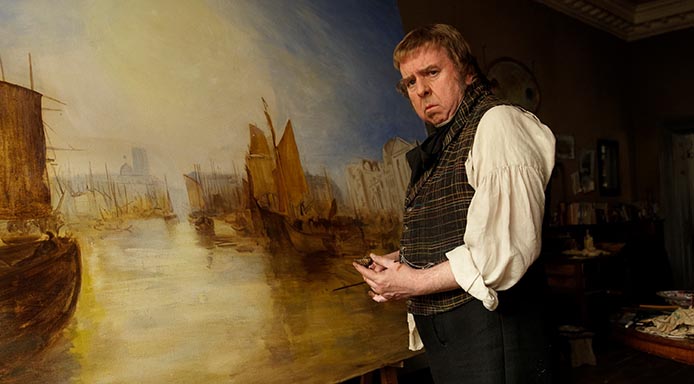
Biopics are difficult to get right, especially if you’re covering the life story of somebody whose life story is already well known. How do you make it entertaining to an audience familiar with the backstory, yet still entertaining to a new audience who aren’t? Mike Leigh’s latest directorial effort Mr.
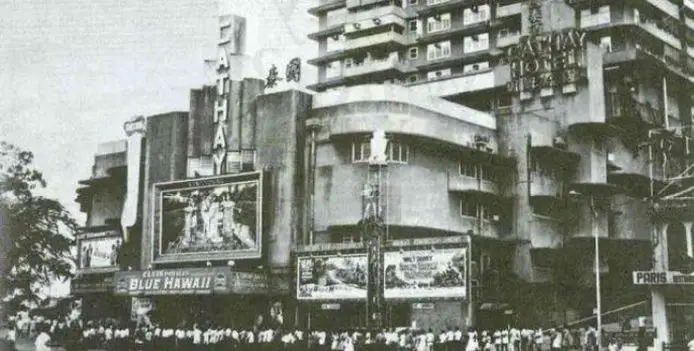
Around the 1930s, Hong Kong was going through a period of change during the devastating war years and Japanese occupation. In this installment of the History of Hong Kong Action Cinema series, we won’t be digging into that many movies, but this time marks a serious change in the blossoming movie business in Hong Kong. As a result the deflation of the Shanghai-based studios and their film crews migration would prove to be a tremendous asset to Hong Kong’s future as one of the leading film markets in years to come.
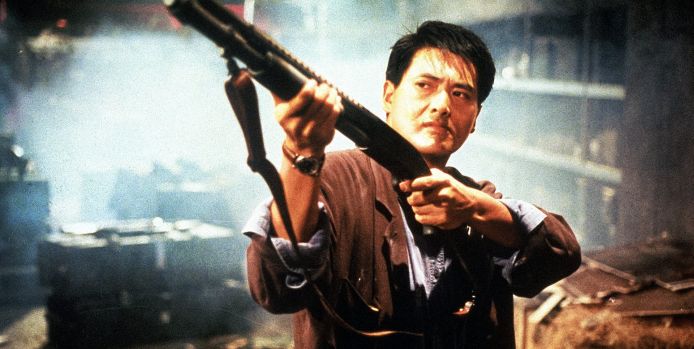
When I was young my Uncle Fred was our gateway to cool movies at a young age. He would babysit my brother and I, and going to the video store (yes, VHS) was the high point of the evening. After running the gamut of classic R rated action, and horror films we landed on the iconic movies of Bruce Lee.
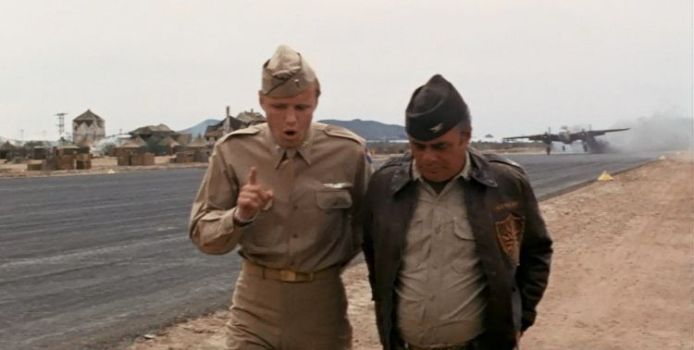
If you ask somebody about the war films they’ve seen, the first titles that come to mind are usually large-scale epics that feature scenes of combat and violence. These films effectively depict the horrors of war. However, the level of action in some of these films can be distracting and compromise our emotional involvement with the characters once we see how quickly they can vanish, and the level of violence that can occur.
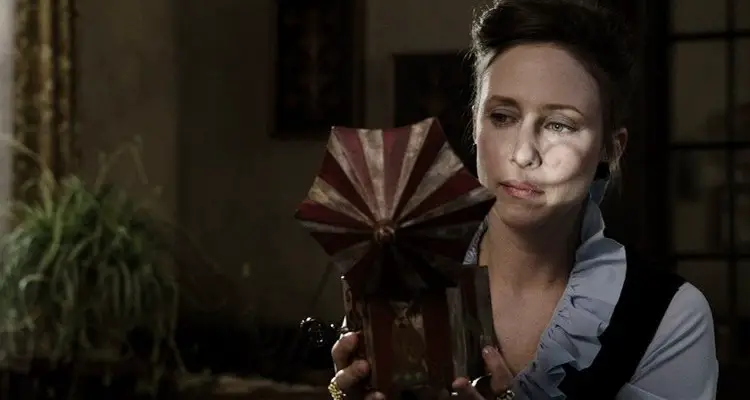
A well-executed horror film is quite possibly the most pure and affecting of all cinematic experiences. A horror film can be the ultimate ‘pop-corn’ movie – a work that draws you into its world, gnaws on your emotions and intellect, and finally spits you back into your seat, thrilled and grateful and dripping with adrenaline. It makes sense that horror films illicit a strong response – after all, we are naturally hard-wired to fear.


